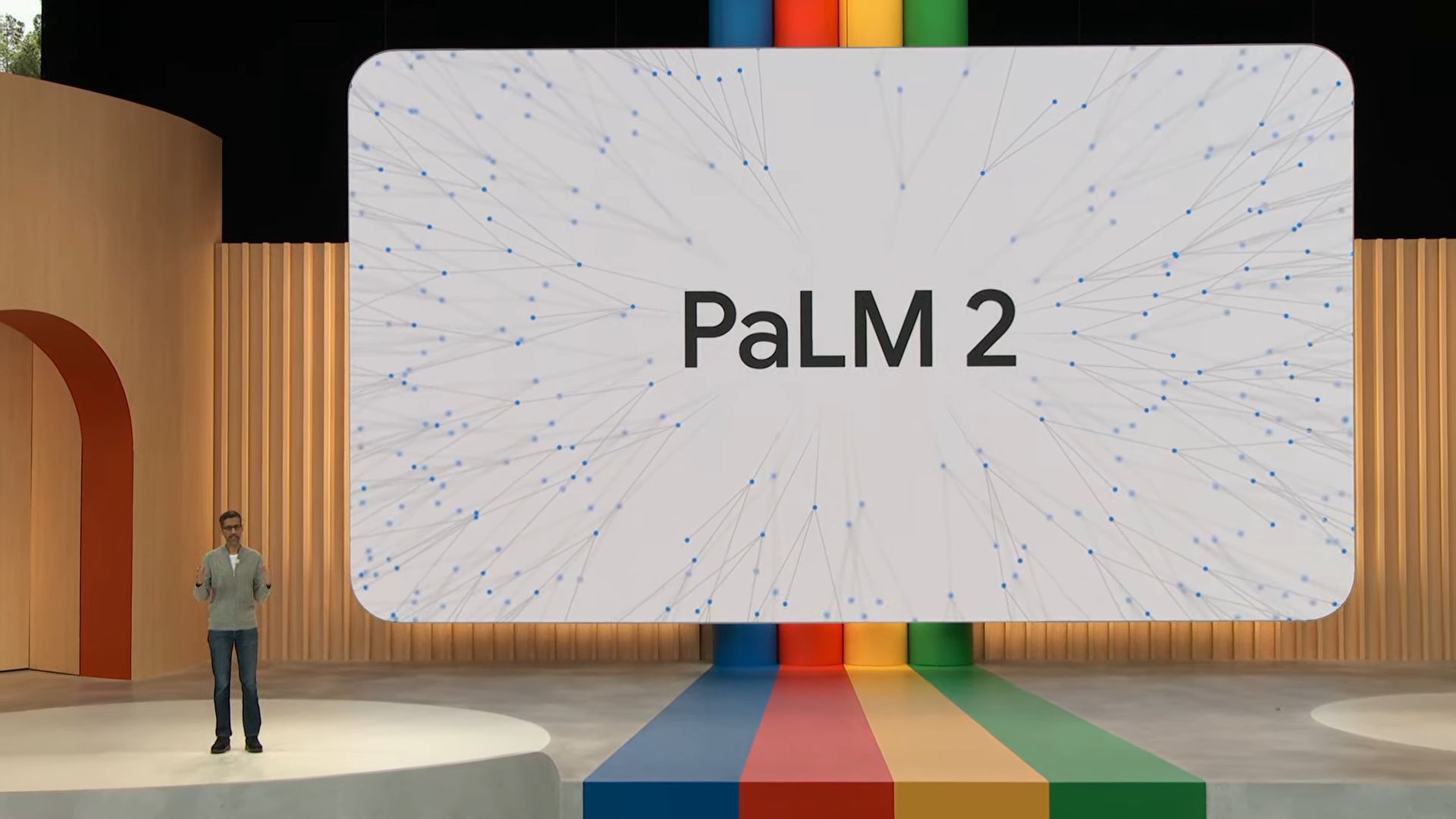Following the hype created by Microsoft Bing and OpenAI's ChatGPT, Google is arguably playing catch-up to the competition. After the lukewarm initial release of Bard, Google announced that it is moving its AI-powered search chatbot to the PaLM 2 language model back in May. Alongside this, it also shared models for Sec-PaLM2 and Med-PaLM2 for those in the cybersecurity and the medical industry, respectively. It turns out that the latter of these two large language models (LLMs) is already being trialed in real environments.
According to the Wall Street Journal, Med-PaLM 2 is being leveraged by medical professionals in several hospitals, including Mayo Clinic. The model is being tested in a limited capacity by the healthcare industry since April of this year. An internal email from Google reveals that the company believes that the tool could be very beneficial in underserved areas which have limited access to doctors. The firm thinks that by training the model on a curated and dedicated set of medical expert demonstrations, Med-PaLM 2 can exceed the capabilities of traditional and generalized search engines and chatbots like Bard and Bing.
That said, the problems that apply to generalized chatbots also apply to Med-PaLM 2 currently. Recent results from a Google research paper shows that the LLM still offered more inaccurate and irrelevant information as compared to human doctors. However, it performed similarly to human healthcare professionals when measured across all other metrics such as reasoning, answers backed by consensus, and reading comprehension.
Google's senior research director Greg Corrado has emphasized that it's still early days for Med-PaLM 2. The executive doesn't want the LLM to be a part of his family's healthcare journey just yet but believes that Med-PaLM 2 could "takes the places in healthcare where AI can be beneficial and expands them by 10-fold".
Although Med-PaLM 2 is being tested in real hospital environments right now, It's unclear if the idea is to offer the model as a full replacement for doctors in underserved areas or if it will serve to complement existing medical expertise.The firm's internal communications indicate the former, but it'll be interesting to see how legal and regulatory hurdles are tackled in order to offer a tool with this capacity. For now, Google has already assured users of the LLM that they will have full control over their data and that it will be encrypted and unaccessible to the company.

